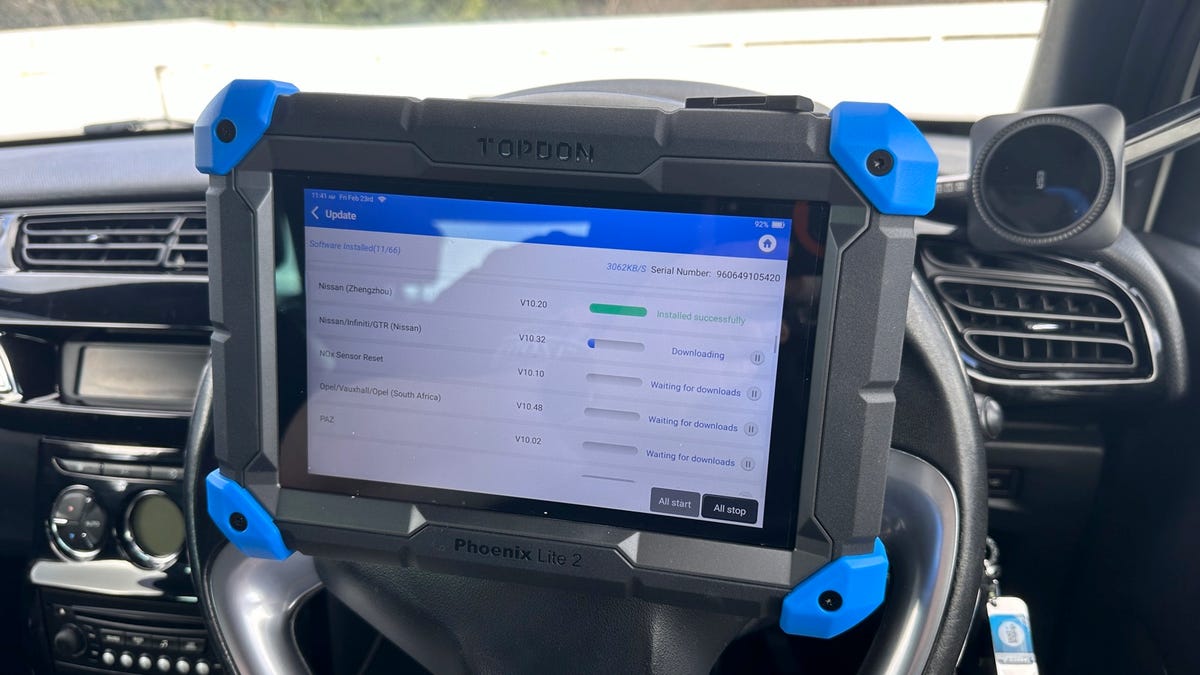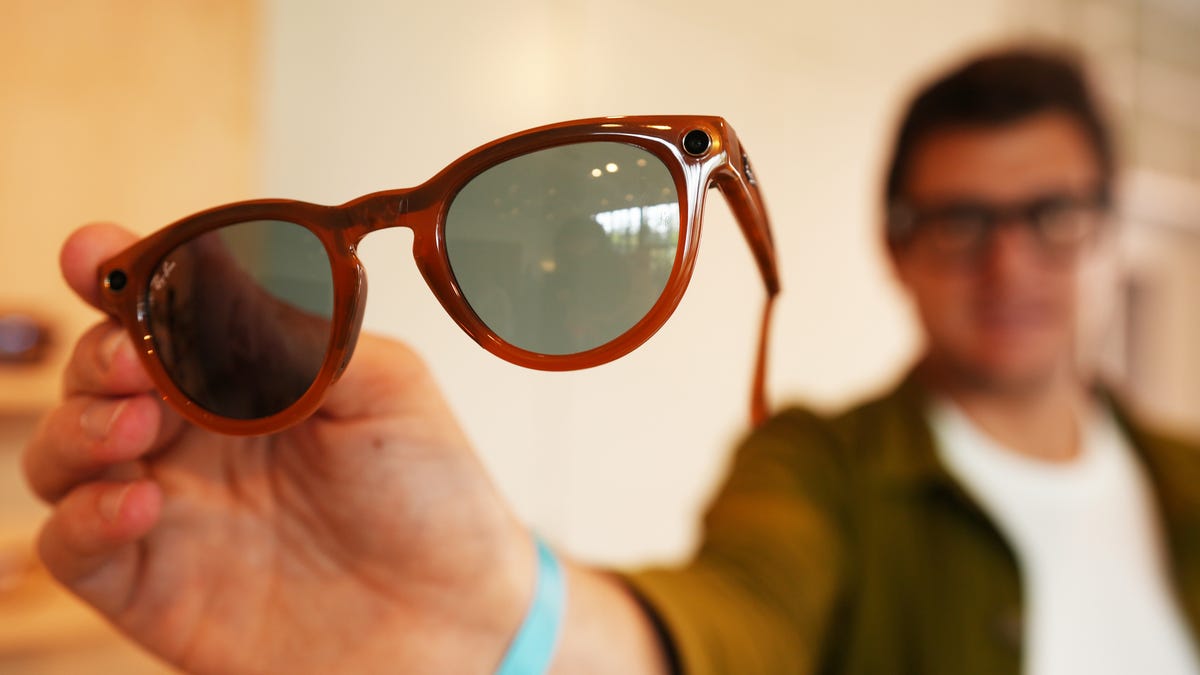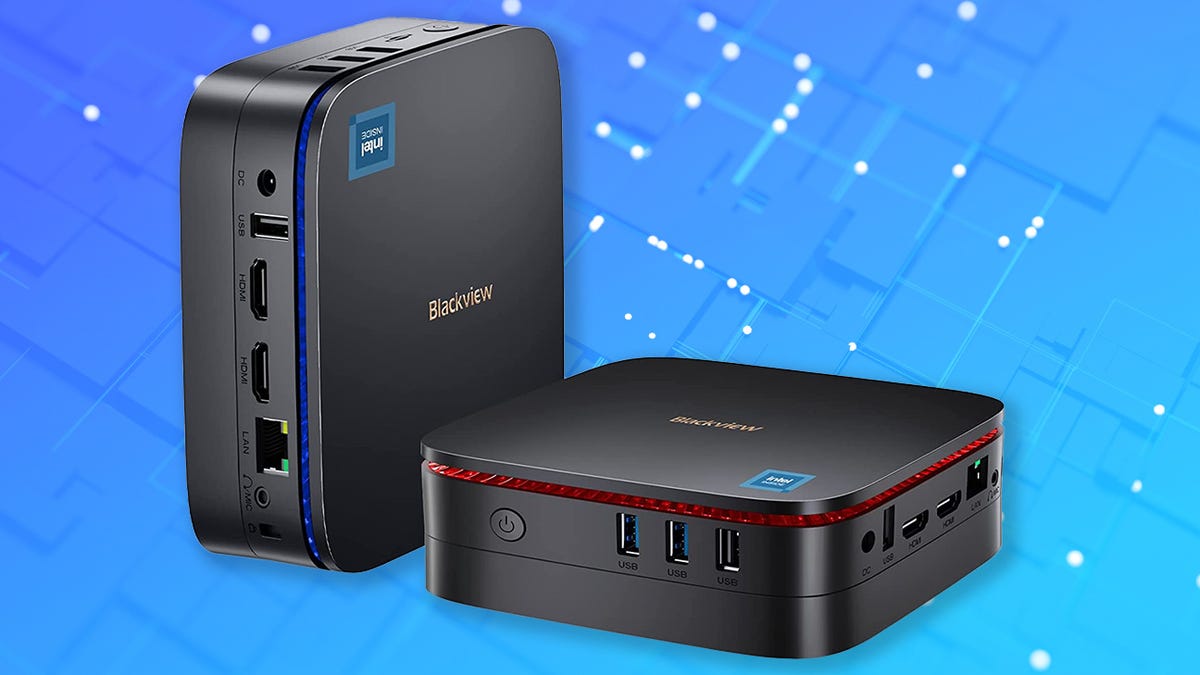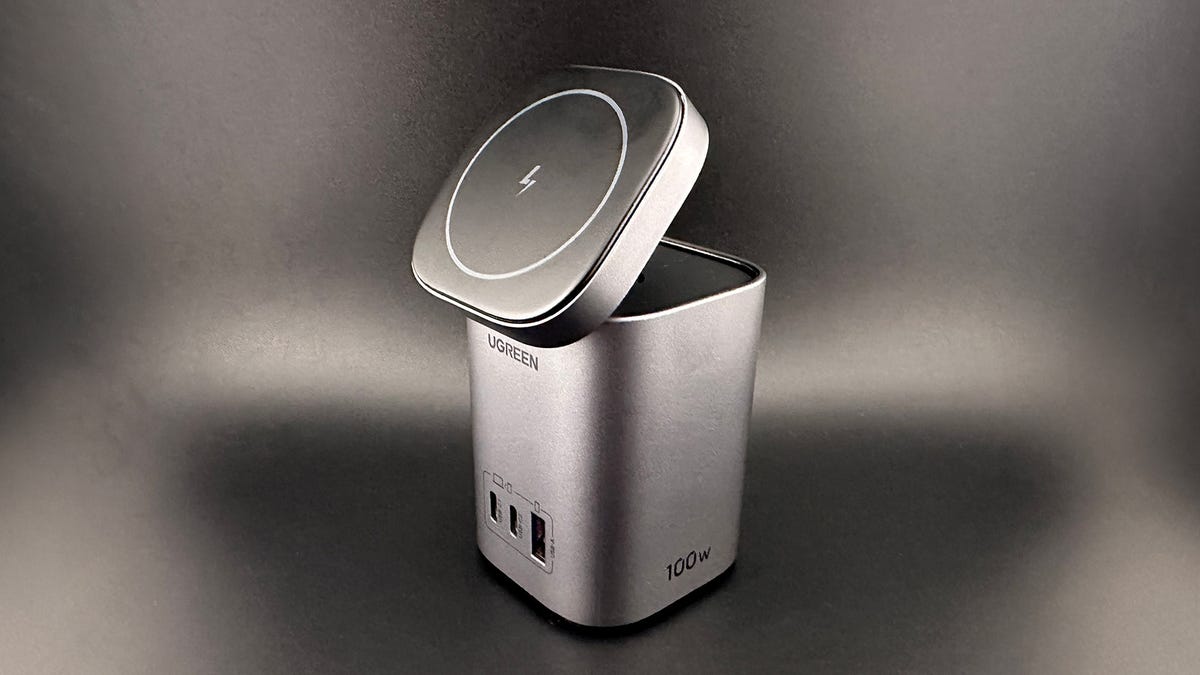BOOK THIS SPACE FOR AD
ARTICLE ADWithout testing consumer wearable tech against medical-grade devices, it can be difficult to tell if that smartwatch around your wrist or smart ring around your finger is truly accurate. To date, there's been no shortage of chatter about which smart ring is the most accurate at sleep tracking. Now we're getting more than chatter.
A new study in the peer-reviewed publication Sensors finds that, compared to the "gold standard" of sleep assessment (polysomnography or PSG), the Oura Ring Gen 3 was found to be the most accurate sleep tracker when tested against an Apple Watch Series 8 and a Fitbit Sense 2 in a four-stage sleep classification.
Also: The Oura Ring 3 is discounted to $299 - and I highly recommend it
The study, conducted by researchers at Brigham and Women's Hospital, looked at 35 healthy participants who wore all three devices and were monitored by PSG overnight.
"The Oura ring was not different from PSG in terms of wake, light sleep, deep sleep, or REM sleep estimation," the researchers state in the study. Note that Oura funded this study, and the study's lead author, Dr. Rebecca Robbins, serves as a medical advisor for Oura.
The Oura Ring Gen 3 was 5% more accurate than the Apple Watch Series 8, and 10% more accurate than the Fitbit Sense 2, the study found. The popular sleep- and health-tracking ring also had the highest sensitivity for both wake and sleep detection, while the Apple Watch had the lowest. The Fitbit scored in the middle in both tests.
"Oura Ring did not significantly underestimate or overestimate any of the four sleep stages, while Apple Watch overestimated light sleep by an average of 45 minutes and deep sleep by an average of 43 minutes," according to the release.
Oura's sleep-staging algorithm, which uses machine learning techniques and "one of the largest wearable sleep datasets," according to Oura, was able to achieve 79% agreement with polysomnography in four-stage sleep classification, the study found.
Also: The Oura Ring 4 has 4 features I'm especially excited about
"Unlike the other devices, Oura Ring can more reliably estimate the amount of time spent in each of the different sleep stages," said Raphael Vallat, sleep scientist and lead machine learning scientist at Oura.
By monitoring health data -- including heart rate, body temperature, and blood oxygen -- wearable technology has enabled those who can't regularly check in with a doctor to understand their own sleep and activity patterns. This latest news regarding sleep accuracy could prove exciting for the future of both Oura and the smart ring market at large.
Also: Oura Ring vs. Apple Watch: Which health tracker is best for you?
"While polysomnography remains the gold standard of sleep assessment," Robbins said in the release, "wearable technology offers promise for measuring sleep continuously, less intrusively, and more naturally, making it a more scalable solution for sleep measurement."
.png)
 1 month ago
62
1 month ago
62 















 Bengali (Bangladesh) ·
Bengali (Bangladesh) ·  English (United States) ·
English (United States) ·